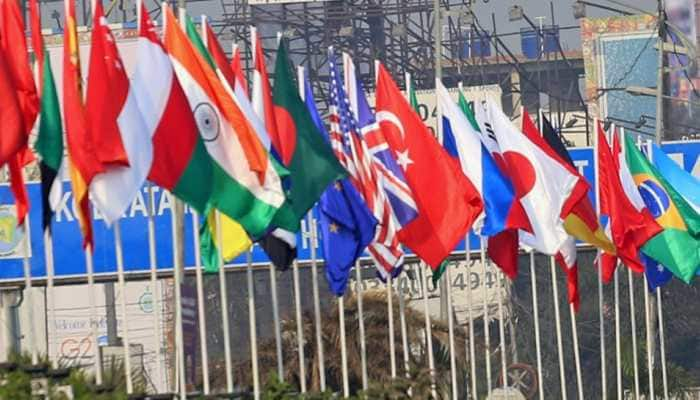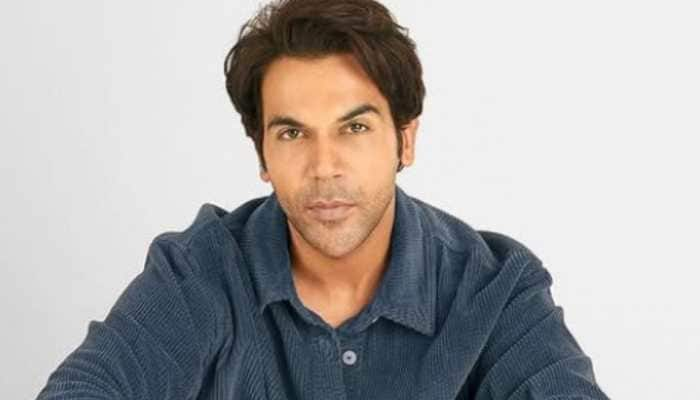Fatwas, Islamic religious edicts being used as political weapon: Kerala Governor Arif Mohammed
'There are always two views in all societies. But those who have power propagate their own ideas. The clergy was created by rulers so that their decisions could get religious legitimacy. Islam religion has been taken over by politics since the passing away of the Prophet,' Khan said.
Trending Photos
)
New Delhi: Kerala Governor Arif Mohammed Khan on Sunday alleged that 'fatwas' or Islamic religious edicts were being used as a political weapon.Mr Khan said there were fatwas against him since the time he was in the Congress. "Kufr fatwas are actually only given for political reasons and have been used as political weapons," he said at a conclave organised by RSS-linked weekly Panchajanya, and added that Islam has no place for such edicts.
He was referring to religious edicts where actions are condemned as 'Kufr' - meaning they bring you in the category of those unfaithful to the religion or unbeliever. Suggesting that Muslim society was not monolithic, Mr Khan said clergy in Islam was created by rulers.
“There are always two views in all societies. But those who have power propagate their own ideas. The clergy was created by rulers so that their decisions could get religious legitimacy. Islam religion has been taken over by politics since the passing away of the Prophet,” he said.
"There are at least 200 instances in Quran where it is said that only the creator can decide what is right and what is wrong... will be decided when people die and meet their creator. No human being, not even the Prophet, has been given the right to decide this according to Quran,” Mr Khan claimed.
Fatwa is a religious decree given by Islamic clerics. “I was not part of the BJP. I used to make my speeches in Hindi. In those days even for using Hindi words you could get fatwa. ".. So, kufr fatwas are actually only given for political reasons and used as political weapon," Mr Khan said.
Talking about differences between him and Kerala Chief Minister Pinarayi Vijayan, Mr Khan said it happened because he came out in support of the Citizenship Amendment Act, but after he explained to the CM that he was doing his Constitutional duty, there has been "no conflict." "There is no conflict with the Kerala government. The moment I reached there, CAA (Citizenship Amendment Act) came. They couldn't digest that a Constitutional office in Kerala could come in support of CAA.
"It is my oath to preserve the Constitution and protect the law. So if there is an attack on that, something to which the President has given his assent, on wrong grounds and by spreading misinformation, then it is my Constitutional duty to defend it,” Mr Khan said.
Citing his interactions with Vijayan, Mr Khan said he told him that he was only discharging his Constitutional duty. “I told the CM that I know you are a communist. And even I am not a believer in organised religion. I am rather a believer in spirituality. I told him the meaning of dharma is accountability.
"And I told him my accountability is the Constitution. I told him you publicly criticise me and I will not feel bad. You do your duty and I will do mine. But since then there has been no tension,” he said.
Stay informed on all the latest news, real-time breaking news updates, and follow all the important headlines in india news and world News on Zee News.
Live Tv







)
)
)
)
)
)
)
)
)
)
